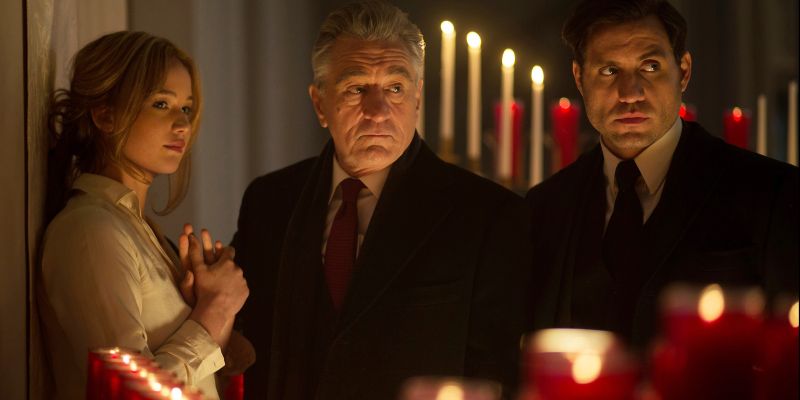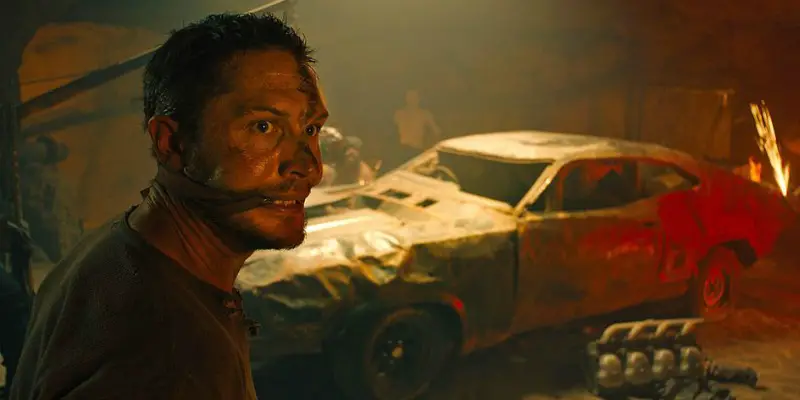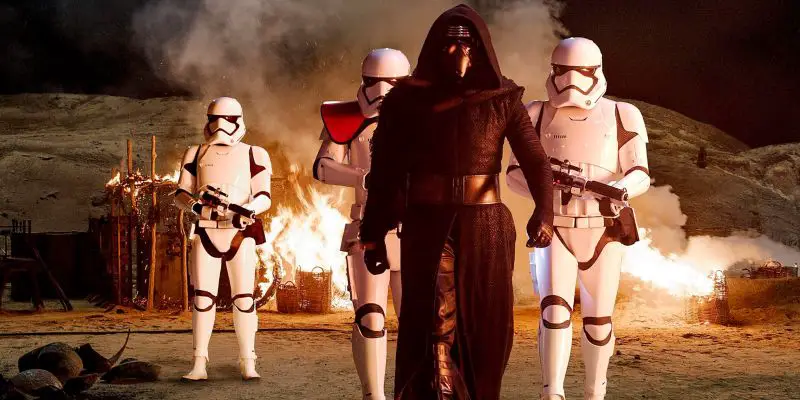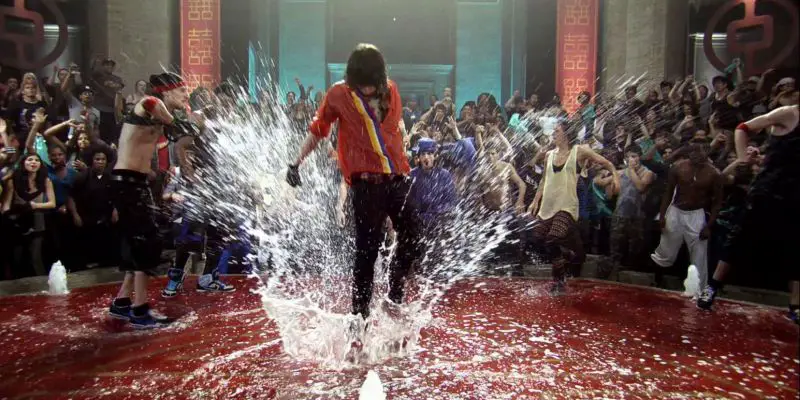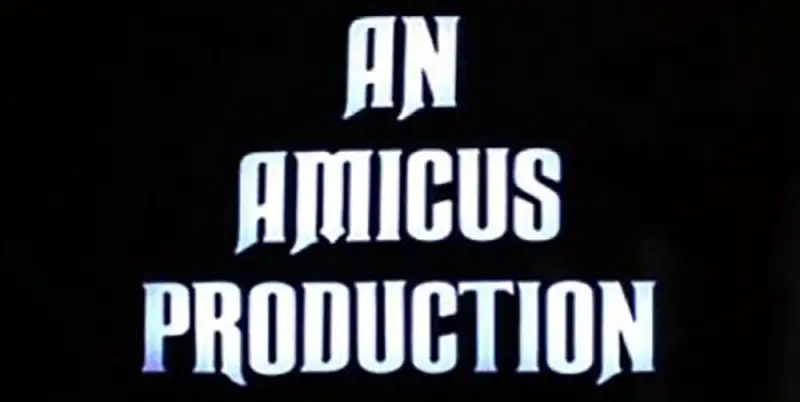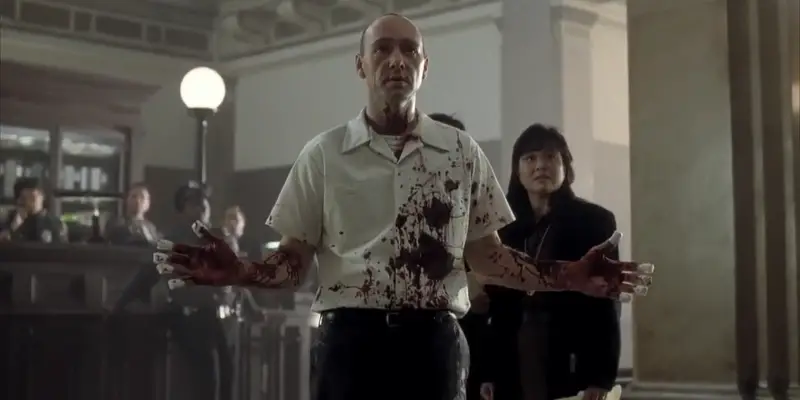discussion
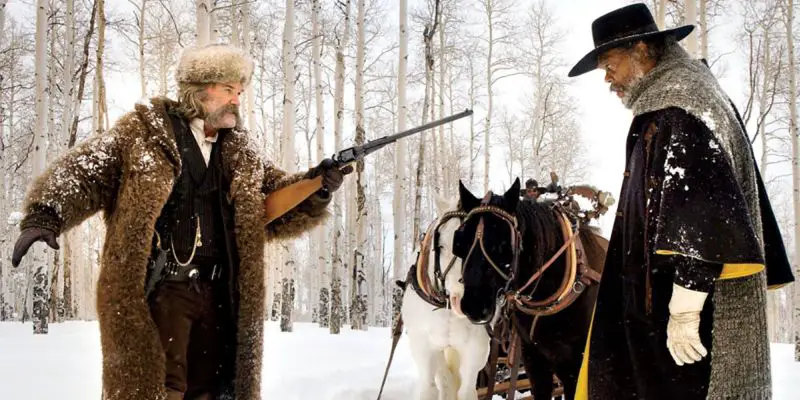
As 2015 comes to a close, the promises of 2016 in film leave excitement fizzling like the fireworks of New Year amongst Quentin Tarantino fans. We have been treated to an influx of releases ripe from the mind of the divisive director over the past few years, with Inglourious Basterds and Django Unchained providing much controversy and dividing many opinions, but it is The Hateful Eight that is now beginning to incite anticipation about its January release. But, as this excitement grows towards the end of Tarantino’s twenty-fourth year in the filmmaking business, the success he enjoys now has progressed in an initially unexpected way.
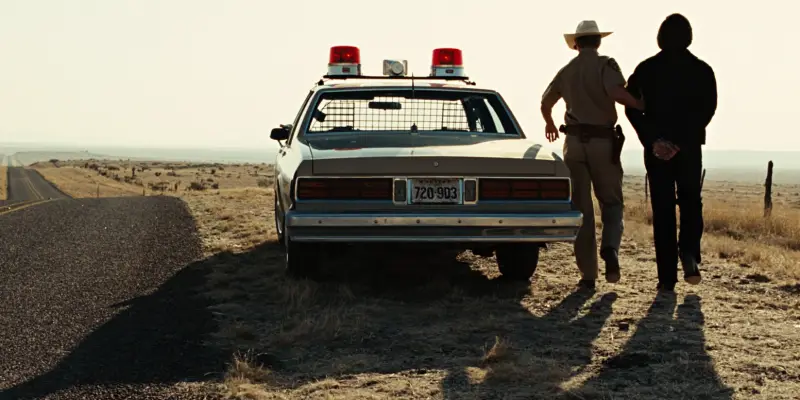
Joel and Ethan Coen’s No Country for Old Men is a unique genre mash-up that contains elements of western, horror, drama, and crime films. The film follows the interwoven arcs of several characters in West Texas in the early 1980s. While hunting, Lleyelyn Moss (Josh Brolin) comes across millions of dollars at the bloody scene of a drug deal gone awry.
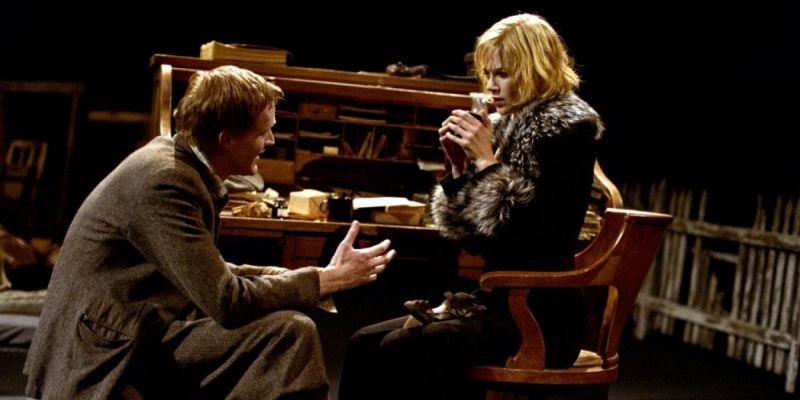
Being an actor is hard – and most people should notice this. Spend a few moments trying to learn that exchange of dialogue from that movie you watched the other day, and you’ll quickly realize that regurgitating lines while maneuvering your face in a way that matches what you’re supposed to be feeling is like trying to rub your stomach and pat your head simultaneously (although I can do that flawlessly.) Good acting should capture your soul.
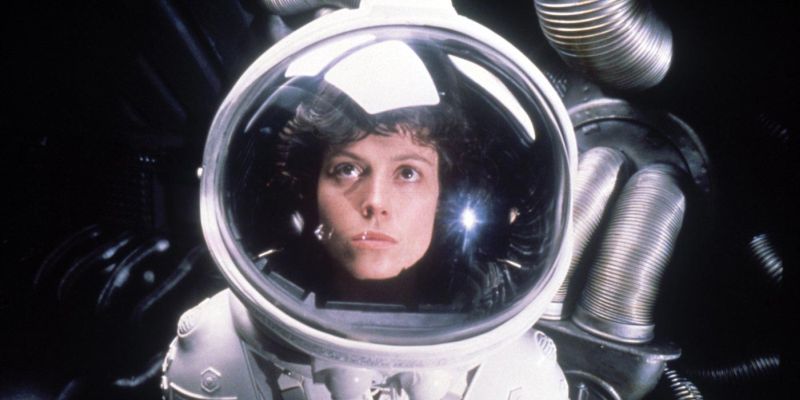
By its nature, sci-fi is a genre of revolution. The fantastical elements (time travel, dystopian future setting or parallel worlds) allow the genre a certain amount of artistic license. This generally results in society being represented as fairer, less discriminatory or strong themes of trying to make the world a better place.
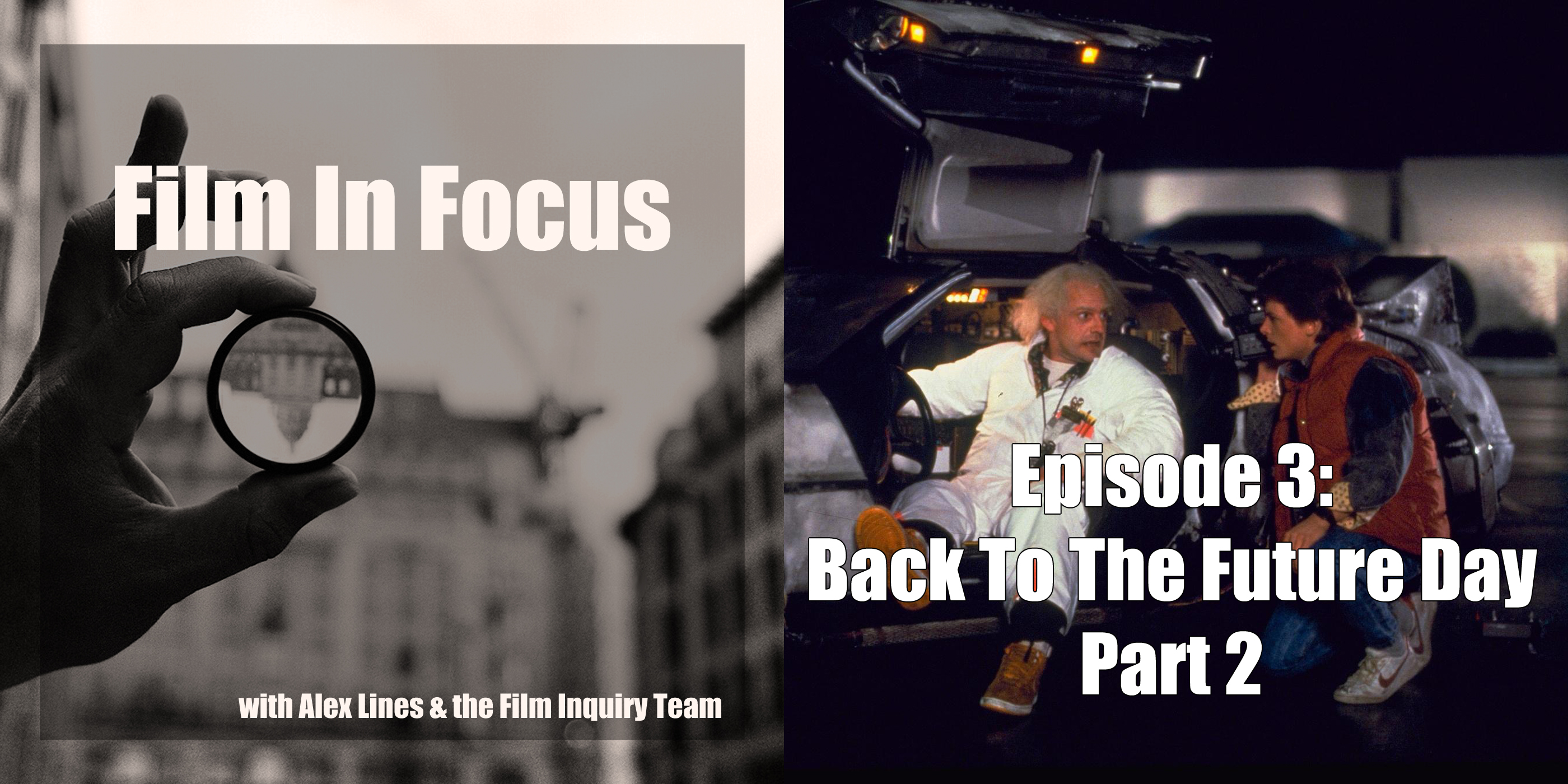
Welcome to the third episode of our monthly film podcast. Each episode features myself (Alex Lines) as I’m joined by two of our writers each month to tackle a different film and all the questions and angles that arise from breaking down these films. In last week’s episode, to celebrate the recent hullabaloo around the 30th Anniversary of the original Back to the Future film, we decided to look back at the trilogy as a whole and wonder why they are so universally loved still.
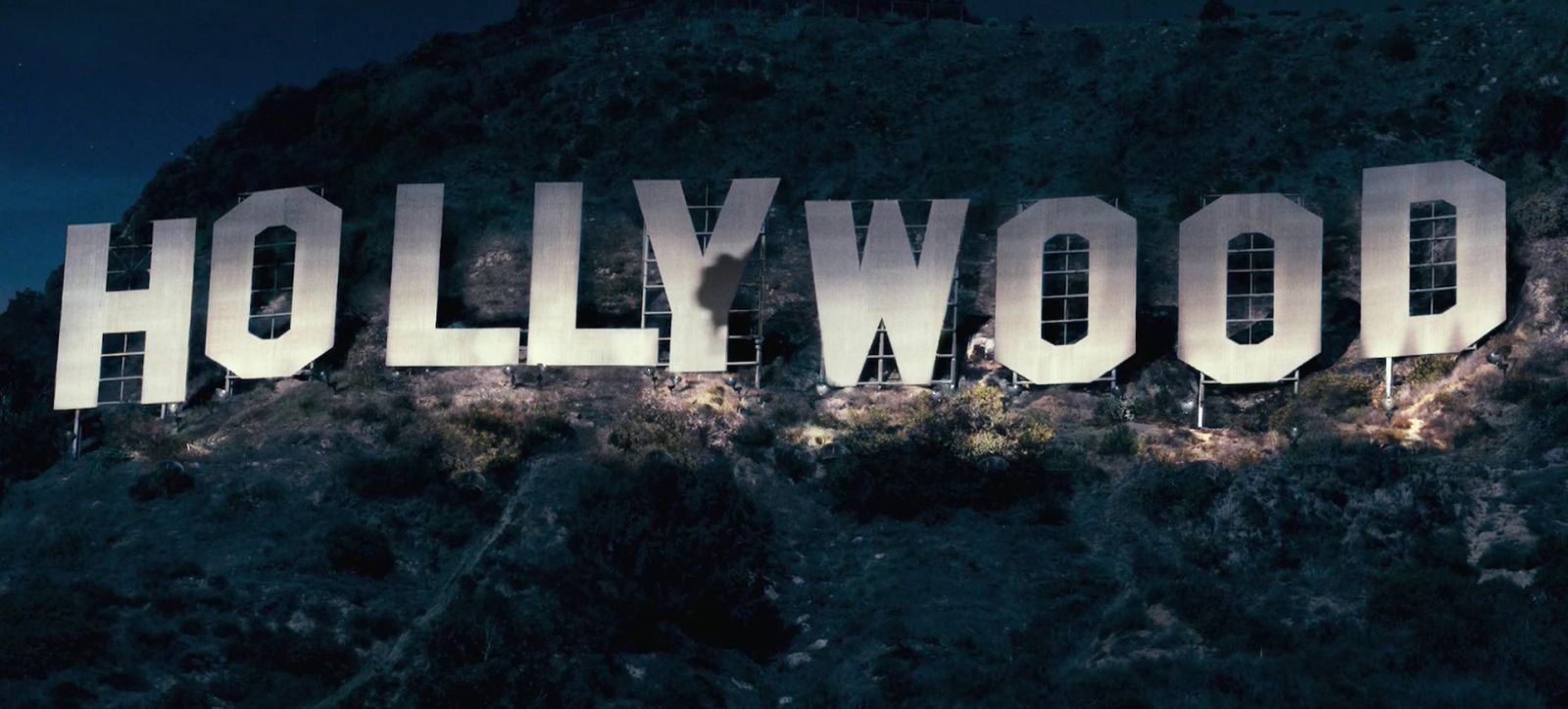
The revolution is here— We are in the midst of a global revolution for female empowerment and equality. This movement has been building for some years, and the new efforts for women directors have added great momentum to the cause. The campaign and ongoing support for women directors starting 2013 by the ACLU has now led to an industry-wide investigation.
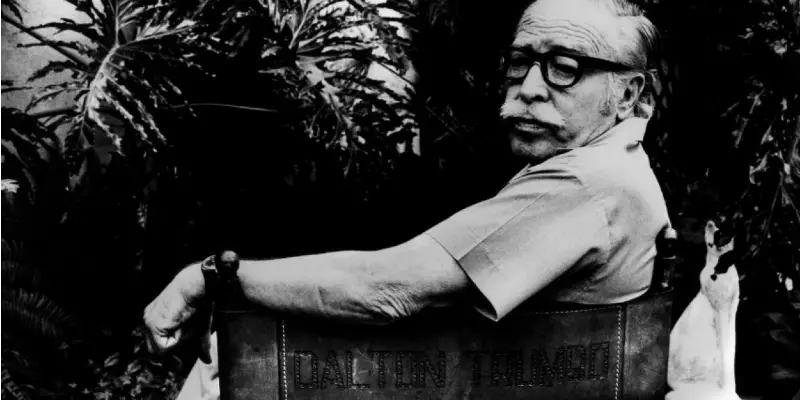
Dalton Trumbo is not a household name today, but he was one of the most influential screenwriters in the old Hollywood studio system. Many of his films like Roman Holiday and Spartacus are beloved classics, but Trumbo is also a significant figure for his part in the Hollywood blacklist, a period of anti-Communist hysteria that swept through the United States in the 1940’s and 1950’s. Trumbo, like many Hollywood intellectuals, was targeted for his progressive politics in an unprecedented purge that saw many actors, directors and writers, lose their livelihoods, their freedom and even their lives.
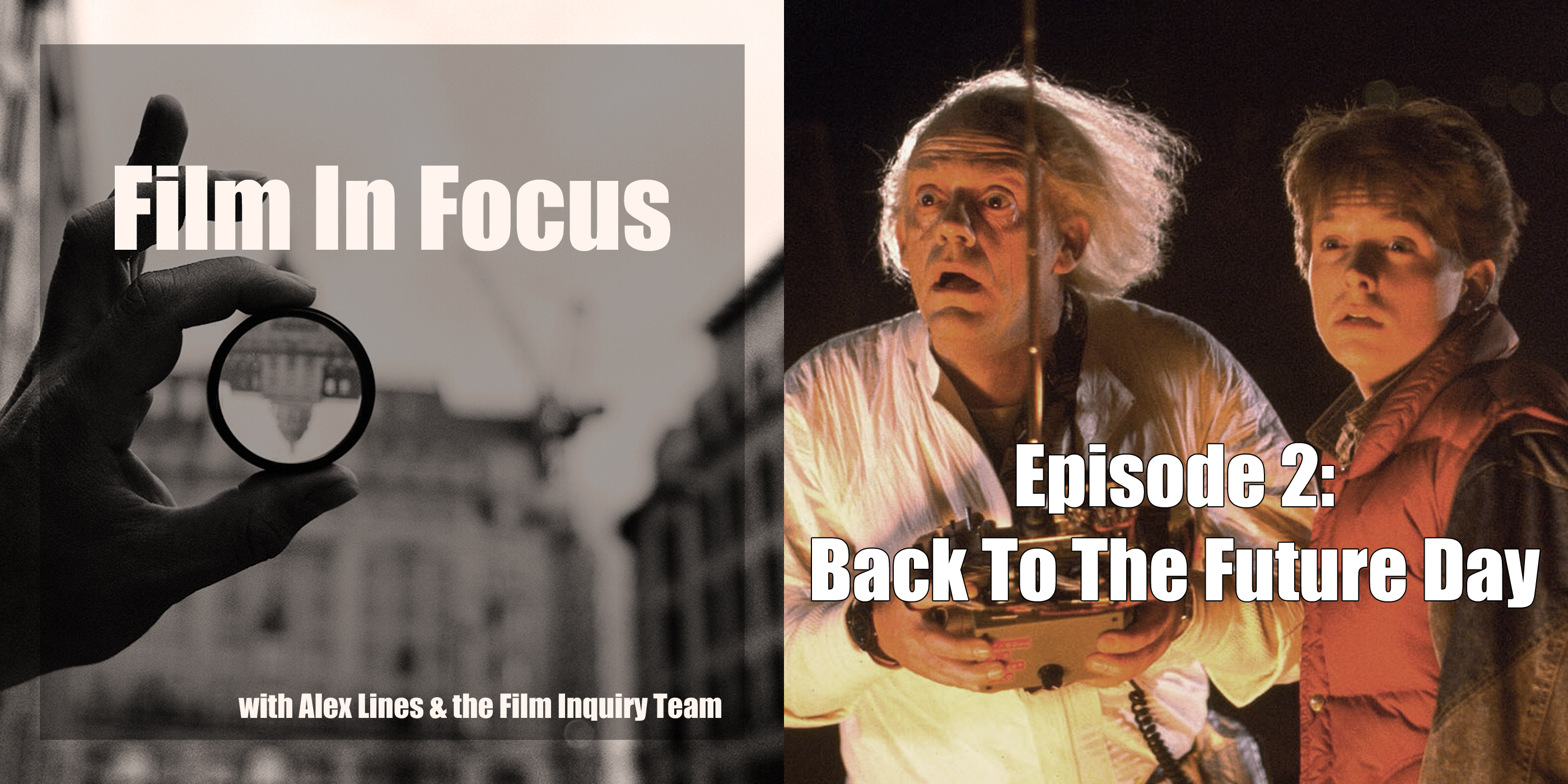
Welcome to the second episode of our monthly Film In Focus podcast. Each episode features myself (Alex Lines) as I’m joined by two of our writers each month to tackle a different film and all the questions and angles that arise from breaking down these films. To celebrate the recent hullabaloo around the 30th Anniversary of the original Back to the Future film, we decided to look back at the trilogy as a whole and wonder why they are so universally loved still.

Over the course of history, Hollywood has given female filmmakers few chances to work on film projects. Fewer chances than their male cohorts, to be sure – no matter their experience or education. Male directors are hired invariably and without doubt, and they are featured and lauded in media frequently.


